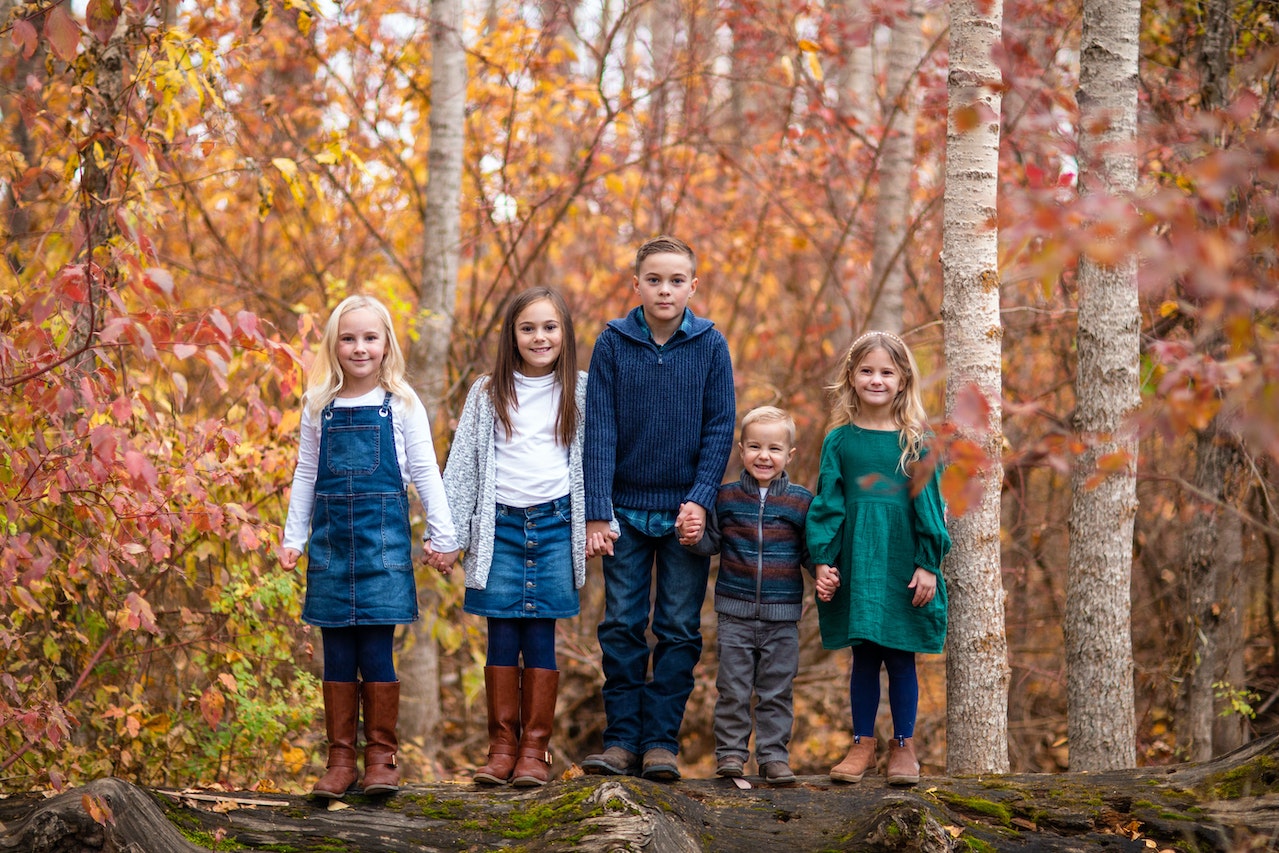
When it comes to juvenile justice and children’s rights, there are a lot of misconceptions floating around. Some people believe that children accused of crimes should be tried as adults. In contrast, others think that all juveniles deserve special treatment because of their age. Some others don’t believe that booster seat requirements indiana is an official driving rule for children’s rights. In this blog post, we will break down the facts about juvenile justice and children’s rights in the United States. We will dispel some of the myths surrounding these topics and provide information that will help you form your own opinions on the matter.
Every Child Has a Right to Due Process and a Fair Trial
 One of the most important things to know about juvenile justice and children’s rights is that every child has a right to due process and a fair trial. This means that no child can be denied their constitutional rights, regardless of the severity of their crime. Every child accused of a crime is entitled to an attorney, the right to remain silent, a trial by jury, and the right to appeal their conviction.
One of the most important things to know about juvenile justice and children’s rights is that every child has a right to due process and a fair trial. This means that no child can be denied their constitutional rights, regardless of the severity of their crime. Every child accused of a crime is entitled to an attorney, the right to remain silent, a trial by jury, and the right to appeal their conviction.
The Juvenile Justice System Is Designed to Rehabilitate Children
Another important thing to know about juvenile justice and children’s rights is that the juvenile justice system is designed to rehabilitate children, not punish them. The goal of the juvenile justice system is to provide children with the resources they need to turn their lives around and become productive members of society. This includes access to education, mental health services, and substance abuse treatment. Not only does the juvenile justice system provide these services, but it also holds children accountable for their actions and requires them to take responsibility for their crimes.

The United States Has a Unique Juvenile Justice System Compared to Other Countries
Did you know that in other countries, children accused of crimes are often tried as adults? In the United States, however, our juvenile justice system is unique. The vast majority of children charged with crimes in the United States are tried in juvenile court, not a criminal court. This is because our juvenile justice system recognizes that children are different from adults and should be treated as such.
Most Juveniles Who Are Charged With Crimes Will Not Be Incarcerated
 If you or someone you know has been charged with a crime, note that the vast majority of juveniles who are charged with crimes will not be incarcerated. In fact, less than 10% of all juvenile offenders will end up in a juvenile detention facility. No matter what the charge is, remember that your child has rights, and there are resources available to help them through this difficult time.
If you or someone you know has been charged with a crime, note that the vast majority of juveniles who are charged with crimes will not be incarcerated. In fact, less than 10% of all juvenile offenders will end up in a juvenile detention facility. No matter what the charge is, remember that your child has rights, and there are resources available to help them through this difficult time.
If you or someone you know has been charged with a crime, it is crucial to seek out an experienced juvenile defense attorney who can help protect your child’s rights and ensure they receive a fair trial. United States, our juvenile justice system is unique. The vast majority of children charged with crimes in the United States are tried in juvenile court, not a criminal court. This is because our juvenile justice system recognizes that children are different from adults and should be treated as such.


